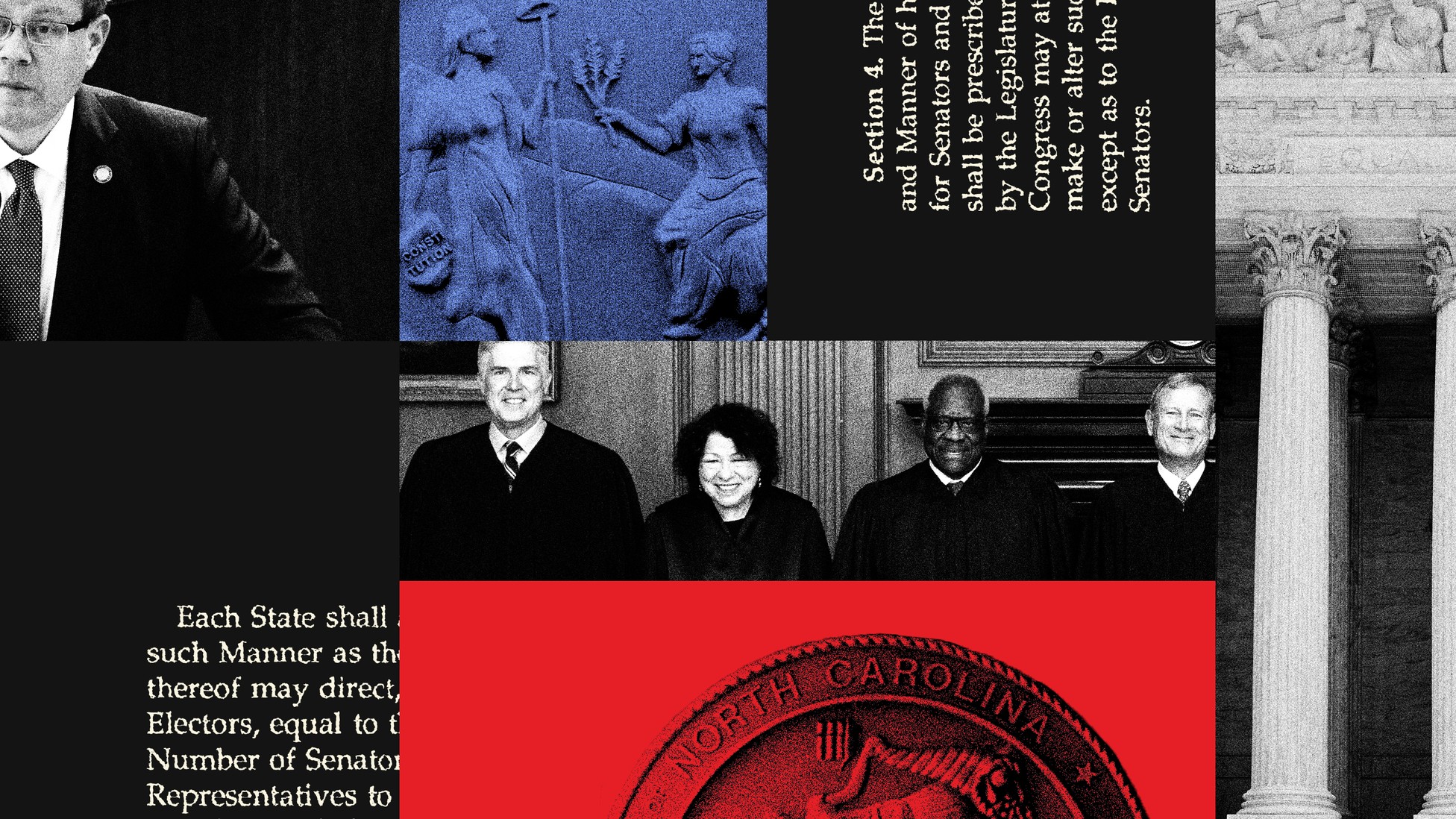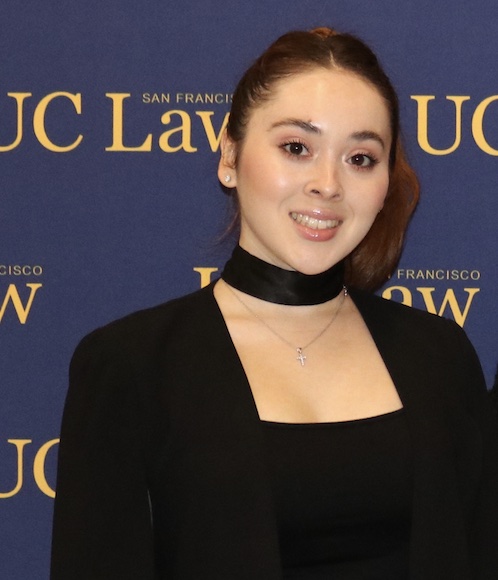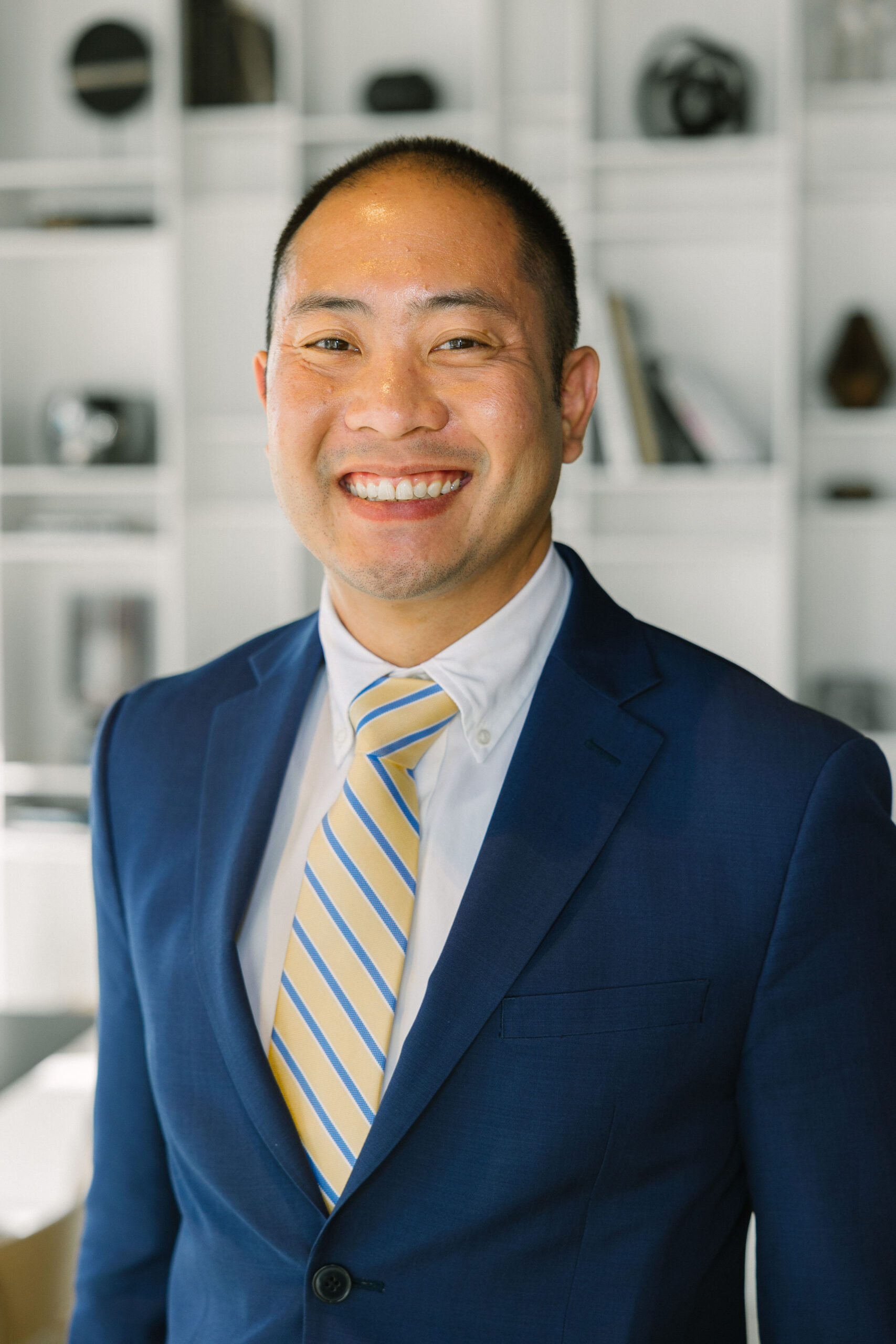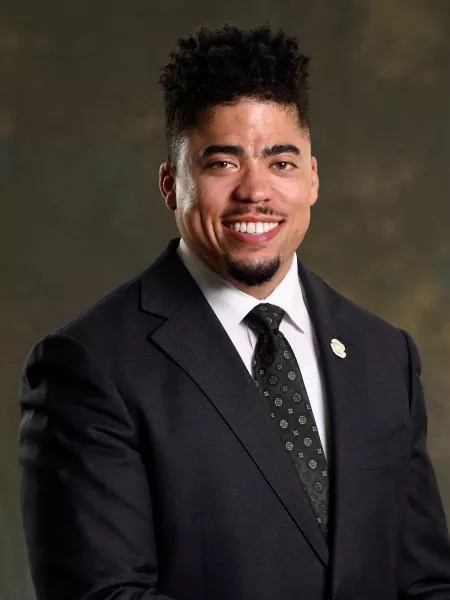Nuri Martinez said out loud what I’ve endured my whole life
Say It Louder

Miriham Antonio is a resident of Koreatown and a law student at UC Irvine.
City Councilwoman Nury Martinez, caught on a leaked audio, says she sees a lot of short, dark people in Koreatown. Martinez says she doesn’t know what “village” they are from and referred to them as “tan feos” — “so ugly.”
My first reaction to these comments was anger, disbelief and sadness. The people that Martinez was referring to are my uncles, aunts, family friends and neighbors. I grew up in Koreatown, a predominantly immigrant community of Koreans and Oaxacans, people from the Mexican state of Oaxaca. We Oaxacans are famous for our tlayudas, memelitas, alebrijes, Oaxaca folklore and, overall, our rich Indigenous culture.
Oaxacans, who come from seven regions of Oaxaca, make up a large portion of those who speak Indigenous languages in California. It is estimated that there are at least 150,000 Oaxacans in Los Angeles — the largest Oaxacan population outside Mexico.
Read the Story on LA Times
Justice Jackson just gave us a roadmap to beat the conservative legal movement
More of This
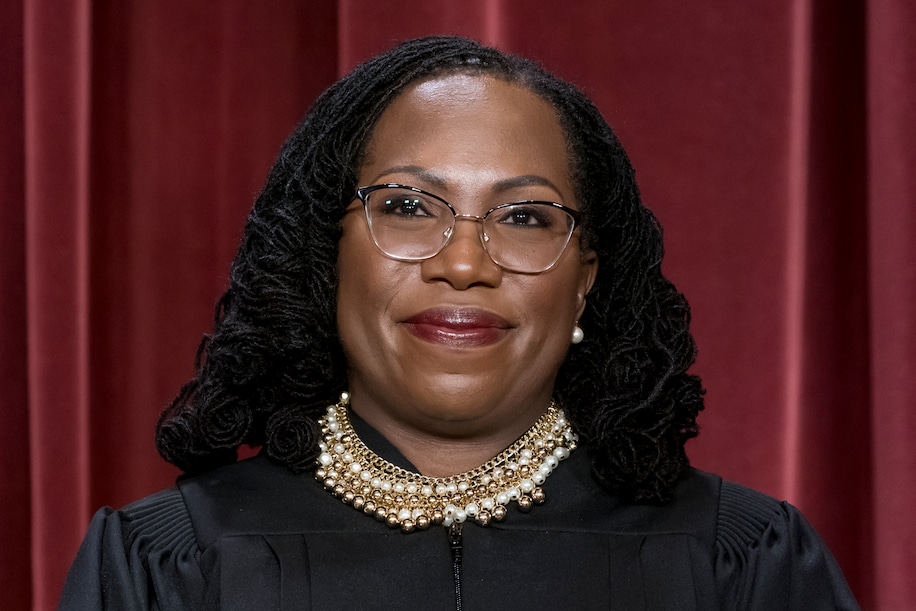
On Tuesday, Supreme Court Justice Ketanji Brown Jackson made headlines and drew praise by invoking the 13th, 14th and 15th amendments to the Constitution — the Reconstruction Amendments — during oral arguments over Alabama’s alleged violation of the Voting Rights Act.
Drawing on 19th-century sources, including speeches and congressional committee reports, Jackson explained that, when she examined “what the framers and the founders thought,” it became evident that the authors of the 14th Amendment’s equal protection clause knew that securing racial equality did not necessarily mean legislating in a race-blind way. Alabama’s new congressional map, in short, did not match the intent of those who devised the amendment.
Jackson’s move surprised court watchers because originalism is usually associated with the contemporary conservative legal movement — an expanded Second Amendment, the rollback of women’s reproductive rights and more. One writer referred to her questioning as a rare example of “progressive originalism” — trying to divine the Constitution’s original meaning from the historical record to guide liberal policymaking and jurisprudence.
Read the story on Washington Post
The man who pushed the courts to the right is ready for his next move
Less of This

Millions of dollars in television advertisements blasting schools for teaching critical race theory and assailing corporations like BlackRock, Uber and American Airlines for catering to “woke politicians.”
A lawsuit pending before the Supreme Court to radically reshape how federal elections are conducted. Complaints against President Biden for violating election law and against school districts that allow information to be withheld from parents about children’s gender identities.
These initiatives were advanced in the past year or so by a handful of new or reconfigured conservative groups — each with their own leadership and mission.
Read the story on NY Times
The most divisive case before the Supreme Court
Less of This
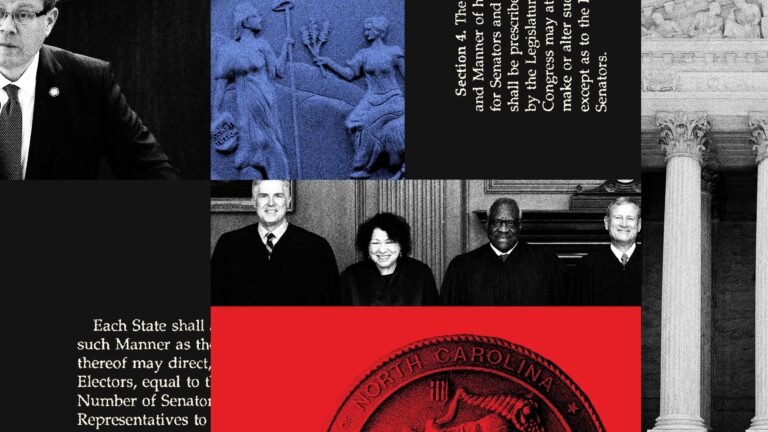
Later this term, the Supreme Court will decide Moore v. Harper, a case that has been pitched as a seismic clash between two troubling positions. One side asks for state legislatures to be freed from the traditional safeguards of state constitutional law, while the other asks the Court to effectively ignore the text of the Constitution. The Court should look beyond these unsupportable positions and take a commonsense middle ground. Fortunately, one is readily available: an approach that maintains the Constitution’s emphasis on state legislatures without divorcing them from their traditional constitutional constraints.
The Constitution contains two clauses that give power over congressional and presidential elections to each state’s “legislature”—not to the states generally, but to each state’s “legislature.” Similarly, other clauses in the Constitution specifically refer to state executives, judges, and conventions, while others, by contrast, mention “states” without specifying a particular institution.
Read the story on The Atlantic
Next Week:
RSVP





